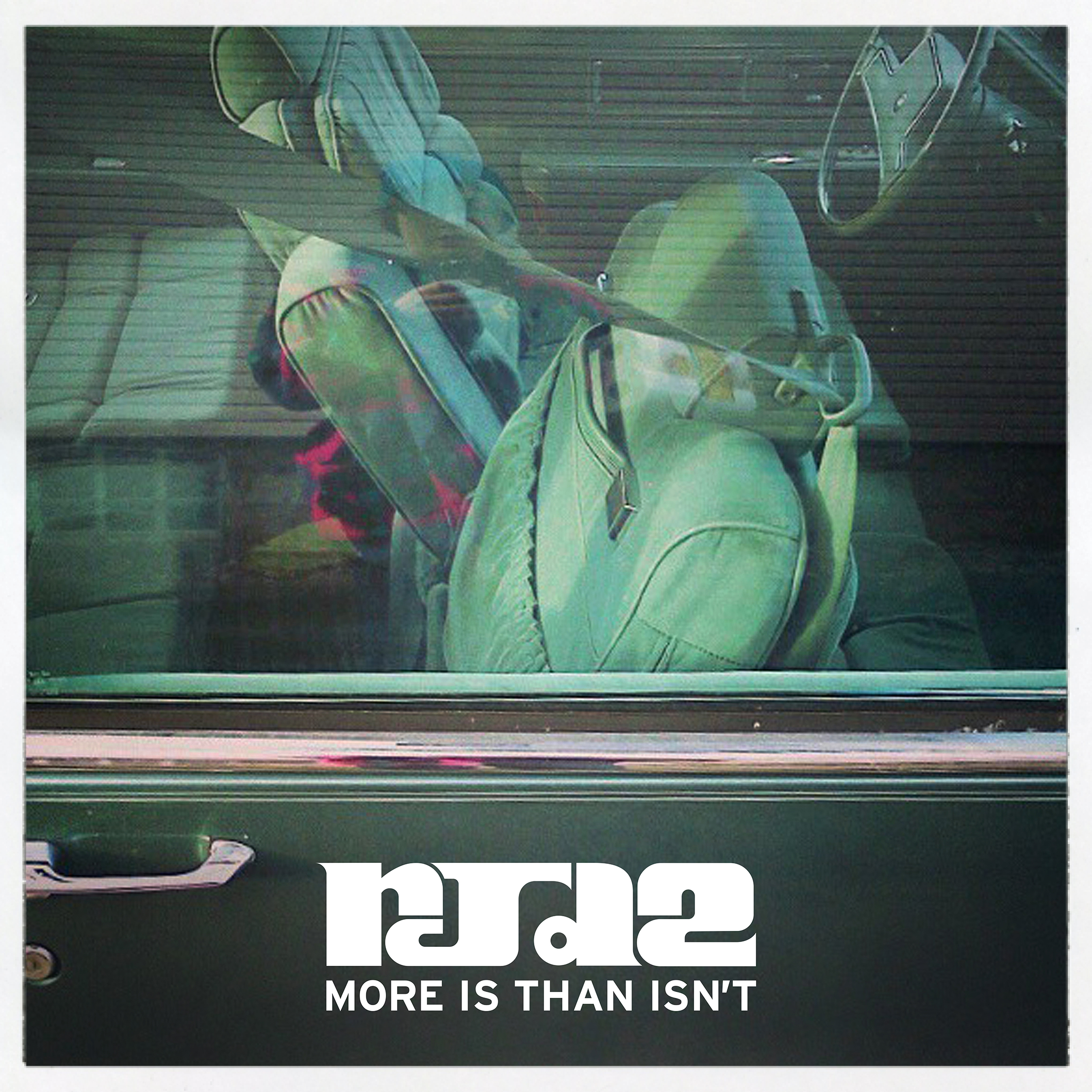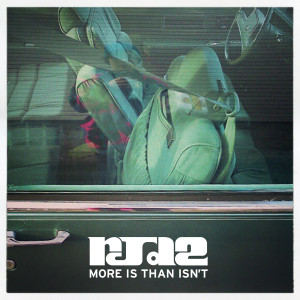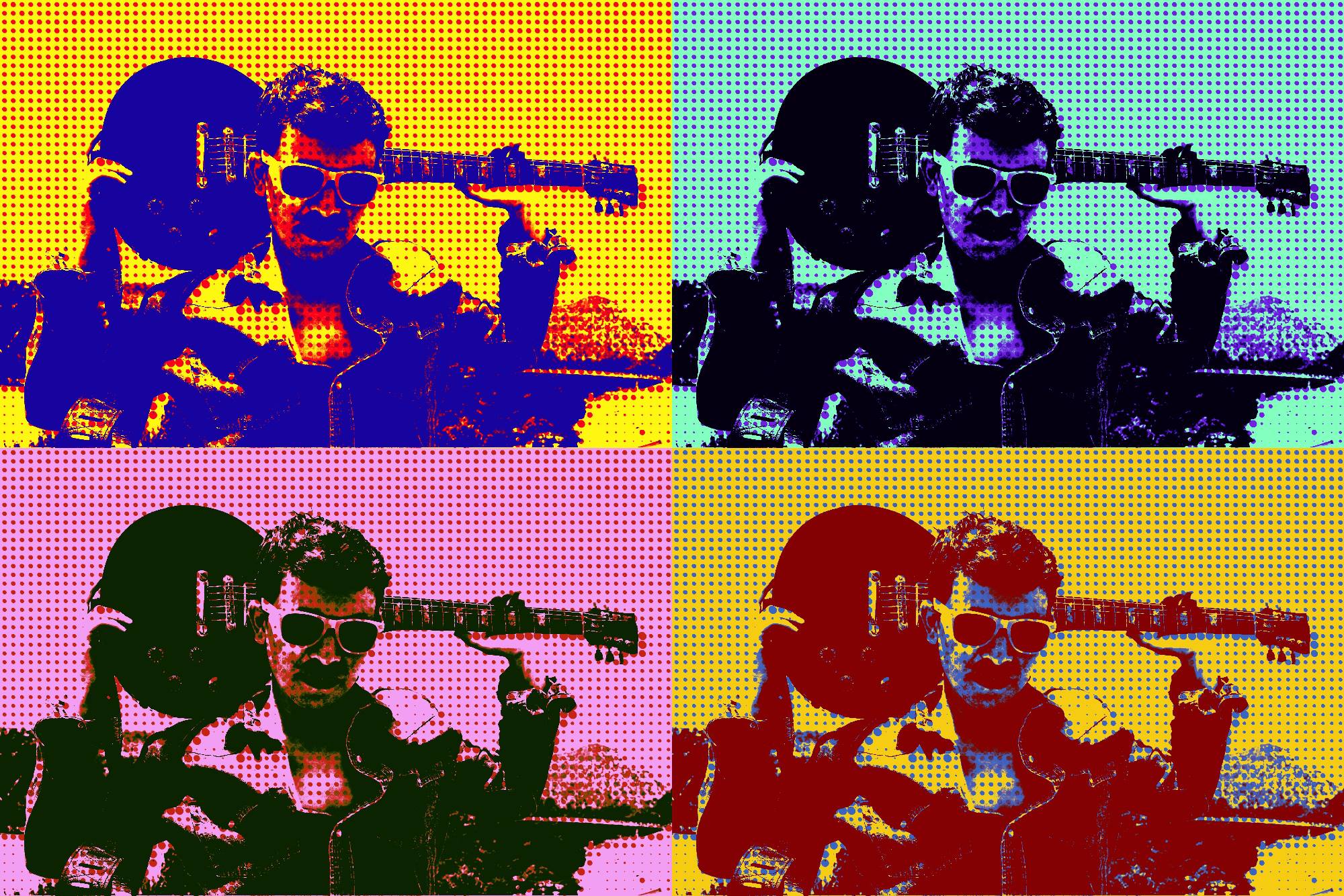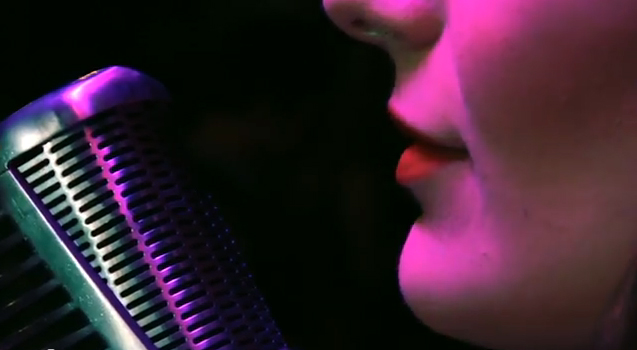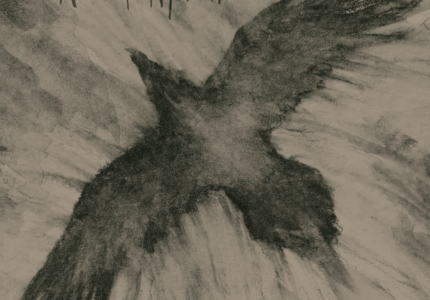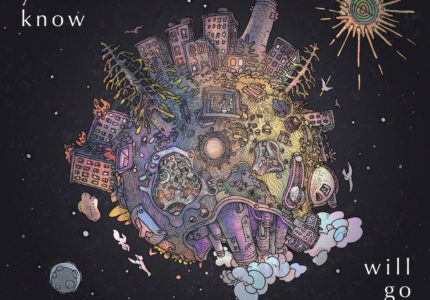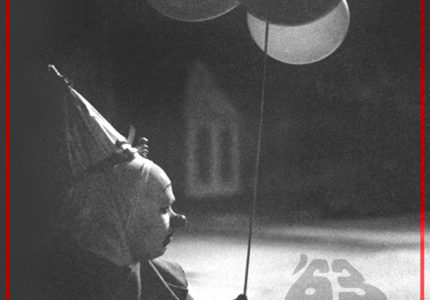Greg: Many people do not know that RJD2 has a special place here at Nanobot Rock Reviews. That’s probably because we don’t talk about our inner workings all too often. Deadringer, to this day, is still an album I can trust without hesitation.
I was, however, slightly uncertain launching into More Is Than Isn’t because of my aforementioned appreciation for such a well rounded release. I’m sure you can appreciate that.
Clay: We don’t discuss our inner workings? This is all just a thinly veiled excuse for me to have an online diary that I just happen to write music reviews around. “Dear diary, I like Curious Quail and Bob Ross.” But you are so right; in fact, I have been hesitant of any RJD2 album since Deadringer because of what it meant to me at the time and what it means now. There are just those albums that distill everything that is occurring in your life and plays like the perfect soundtrack. The problem is, that none of his follow-ups have recaptured the darkness and self-reflection that debut contained. He hasn’t necessarily gone into a Killers-like tailspin, but I think I listened to The Third Hand 5 times before I shelved it.
That aside, I tried to go into listening to More Is Than Isn’t with expectations set to status quo: All the tracks would be on a sliding scale of “fantastic” to “meh” and I would be left saying, fairly or unfairly, “it’s no Deadringer.” And that is exactly how this experience played out. I hate predictability.
Greg: Wow! So just like that, you’re going to lay it all out there?
I think it is a bit unfair to simply categorize this as “it’s no Deadringer.” I mean, that is like comparing Rick Derringer’s All American Boy to his Jackhammer Blues. And we all know there is only one “Rock and Roll, Hoochie Koo” but is it fair to compare everything thereafter to it?
But all that being said, I am going to put my foot down and say RJD2’s latest is definitely more “fantastic” than “meh.” As a matter of fact, I’d go as far as saying the meh-to-fantastic ratio is 14 to 2 in favor of the more enjoyable.
Clay: Yeah, it is laid out like a picnic on a grassy hillock, just a couple of baguettes between me and Rick Derringer. Maybe I am setting the bar too high, and maybe there are people who enjoyed the follow-ups more than I did, but I don’t see a problem with having high expectations. Don’t get me wrong, I thoroughly enjoyed this album, it is probably the strongest since Since Last We Spoke. But like “Her Majesty’s Social Service,” this album is all over the place. I mean, I love that song, but it is bananas; between the syncopated beats, crunchy distortion, Middle-Eastern interludes, and space-age bloops, this track traverses a lot of ground.
Even though the album is schizophrenic at times, More Is Than Isn’t does a lot of things right, and things I appreciate from the “good old days.” RJD2 collaborates on some great hip-hop tracks like the grooving “Bathwater” with P. Blackk as well as “It All Came to Me in a Dream” featuring Blueprint and a funky ’70s style heist theme. “Milk Tooth” is the one track that sounds like it might have been a B-side to “Ghostwriter,” plus my favorite songs on a RJD2 album are the ones with live drum tracks.
Greg: Schizophrenic is a fair statement. Where he went dark and deep previously, he turns to an airy jazz when not in hip-hop tracks. For fans looking for the common thread throughout the sixteen tracks, it just isn’t here. What it becomes is more like an art curator tripping on acid, guiding you through the exhibits; from eclectic to retro to that creepy modern day art that just cannot be understood.
I am a big fan of the R&B persona of “Love and Go (feat. Aaron Livingston),” the smooth vocal delivery fighting the chaotic digital beats form an intriguing dichotomy. However, “Bathwater” could have and should have been left off the album; or anything RJD2 for that matter. The placement and abrasiveness of the track is unnerving. It is the epitome of that “meh” feeling we mentioned.
But for the marring of RJD2 with “Bathwater” he saves himself with virtually every other song on the record. Specifically “Her Majesty’s Socialist Request,” “Descended From Myth” and especially “Milk Tooth.”
Clay: Wow, and here I thought “Bathwater” was the strongest hip-hop track on the album, P Blackk’s rhymes just have a hooky cadence that I love. I would have cut “See You Leave” before any of the others; if you are going to have one R&B offering, I agree with you and pick “Love and Go.”
The staccato horns of “Descended from Myth,” combined with synthesizers and live drum tracks are everything RJD2 does right, but when I listen to the same combination on “Behold, Numbers!” I can’t help but think: this sounds like Let There Be Horns’ little brother Let There Be Strings.
And just to contradict myself for good measure, since I cannot have what I had with Deadringer, I do look forward to seeing what avenues RJD2 grows into with each release (Since Last We Spoke went ’70s funk on us, The Third Hand featured the man behind the turntables also committing more time behind the microphone, and Colossus went grand instrumental on us). I found “Winter Isn’t Coming” the most intriguing song, because it is so frenetic with the bongos and (from what I can gather) 64th note beats.
So, I may need to move on from my experience a decade ago. Even with my sliding scale, this is a solid album and RJD2 is still my standard bearer for the electronic music landscape. He has always had his finger on the pulse of what is interesting and innovative and brings it every time.
So thanks, Greg, you have talked me into liking this album as a whole.

